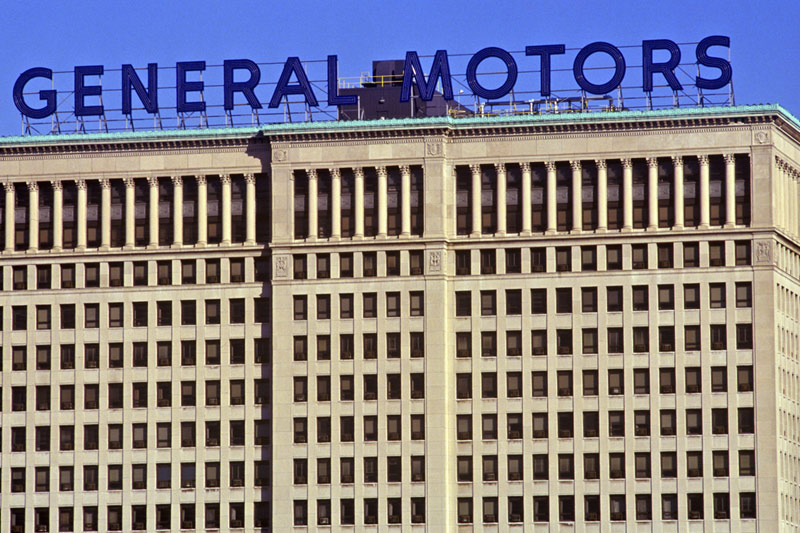Asia FX muted despite Fed cut bets; Japanese yen slides after PM Ishiba resigns
Investing.com -- Rivian (NASDAQ:RIVN) says a Trump administration rollback of U.S. fuel economy rules has left it unable to collect about $100 million in revenue, underscoring the growing impact of policy changes on electric vehicle (EV) makers.
The EV manufacturer, along with rivals, generates significant income selling credits tied to the Corporate Average Fuel Economy (CAFE) standards. Those sales have stalled after the National Highway Traffic Safety Administration (NHTSA) stopped issuing compliance letters—documentation needed to finalize the transactions—following the removal of penalties for violating fuel economy standards.
“NHTSA is focusing on fixing CAFE standards to make cars more affordable again,” a spokesperson for the agency said. “When that process is complete, we will return to issuing compliance letters to manufacturers.”
The Zero Emission Transportation Association, an EV trade group, has filed a petition in the U.S. Court of Appeals in Washington, D.C., seeking to force NHTSA to resume issuing the letters. ZETA declined to comment.
Rivian said regulatory credits accounted for 6.5% of its total revenue in the first half of 2025 and warned it does not expect any more credit sales this year. The company has earned more than $400 million from credits since its 2021 public debut.
Rivian’s director of public policy, Christopher Nevers, said in a statement attached to the petition that the company had already negotiated regulatory credit deals but is unable to finalize them.
Smaller EV maker Lucid (NASDAQ:LCID) also said the halt is hurting its business, with an executive noting the credits “represent a significant share” of revenues, though a spokesman said they were not a major income source last quarter.
Tesla (NASDAQ:TSLA), the largest U.S. EV maker, has been the biggest beneficiary of credit sales, earning more than $12 billion globally since 2008. It recently told investors that regulatory changes have led to a $1.1 billion drop in expected credit revenue.
By contrast, the changes have been a financial boost for legacy automakers. General Motors Company (NYSE:GM) has spent at least $3.5 billion on credits since 2022, while Ford (NYSE:F) has committed around $4.3 billion, according to company filings.
The dispute stems from President Trump’s July megabill, which removed penalties for failing to meet fuel economy standards. Days later, NHTSA informed automakers it would delay compliance notifications as it reconsiders CAFE rules for model years 2022 and beyond.
Biden-era standards would have required a 50.4-miles-per-gallon fleet average by 2031 and imposed higher fines for violations.
NHTSA said it will resume issuing compliance letters once the review is complete but did not provide a timeline.
